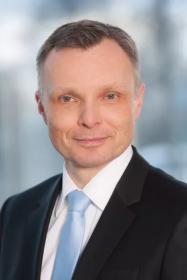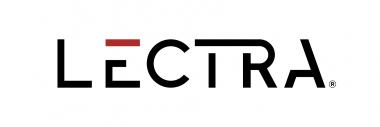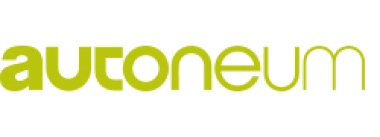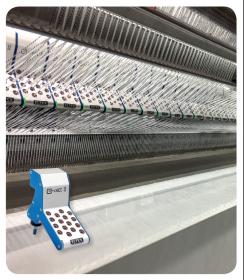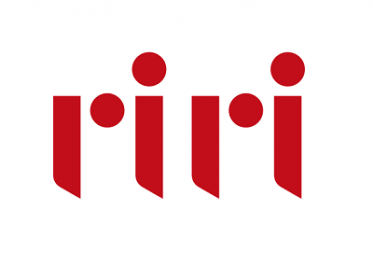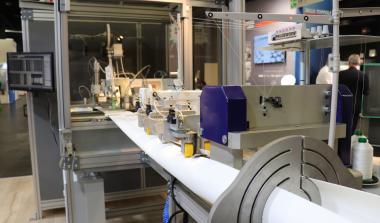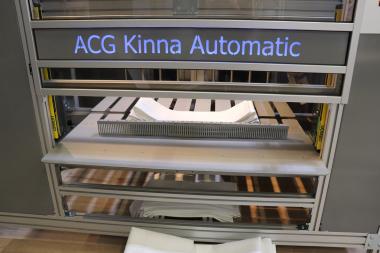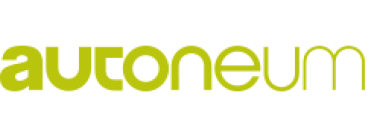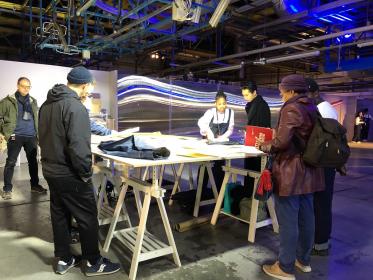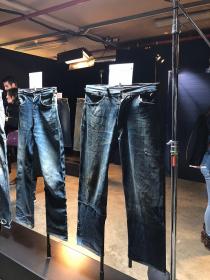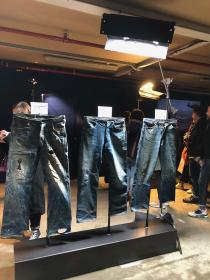75 Years Hohenstein - Successful Roots worldwide
BÖNNIGHEIM - Textile testing and research partner Hohenstein has reason to celebrate: this year marks the company’s 75th anniversary. Now in its third generation of family ownership, the company will spend this landmark year expanding its foundation for the future. Owner Prof. Dr. Stefan Mecheels is proud: "Our motto, We live textiles, expresses exactly what has made us special for many decades - our collective enthusiasm for textiles and the opportunity to provide solutions that make a difference in the world.”
Successful Roots
Prof. Dr.-Ing. Otto Mecheels laid the foundation for an internationally-renowned company in 1946 when he founded the Hohenstein Institutes, a textile school in Hohenstein Castle. His son, Prof. Dr. rer. nat. Jürgen Mecheels modernized the Hohenstein Group’s business structures and expanded into new research and service areas such as textile finishing or professional laundries/dry cleaning. He helped to forever change textile safety with the STANDARD 100 by OEKO-TEX® certification system that protects consumers from harmful substances. Under Prof. Dr. Stefan Mecheels’ leadership since 1995, Hohenstein has been at the forefront of microfiber analysis, consistently perfected its created standards for comfort and compression testing and worked to reduce the industry’s ecological impact. Last but not least, the testing laboratory in Hong Kong, which has been in operation since 2011, and the Hohenstein textile testing laboratories in Bangladesh and India, which were opened in 2018, ensure even greater market proximity.
Solutions for the Global Textile Industry
Today, Hohenstein specializes in the testing, certification and research of all kinds of textile-related products. With a total of more than 1,000 employees at its headquarters in Bönnigheim and in more than 40 branches, contact offices and laboratories worldwide, the company faces the current challenges of the global industry.
"Textile sustainability remains a major focus for us and is woven through every decision we make," explains Stefan Mecheels. “Even services that are seemingly focused on innovation contribute somehow to longer lasting products, less waste and more safety. Our Digital Fitting Lab helps brands leap forward with digitized apparel development. Using modern 3D and 4D technologies and our traditional fit and pattern expertise, we help our clients design better fitting clothes with fewer prototypes and less waste.”
When SARS-CoV-2 struck, the company developed a quality label to easily identify non-medical, community masks that meet legal and functional requirements. The Hohenstein Quality Labels are independent proof with a high level of credibility among buyers and consumers.
Anniversary
Among the celebrations, Hohenstein plans to hold a mid-year press conference with regional and industry journalists. "We are celebrating this anniversary because we have succeeded in constantly adapting to the market and use our applied research to anticipate developments. For this I would first like to thank our employees, who, in keeping with the motto We live textiles, put their hearts and souls into their work. A very special thanks also goes to our customers, some of whom have been placing their trust in us for decades," says Stefan Mecheels, adding "I am convinced that we are positioned to continue our contribution in the future.
Hohenstein



















